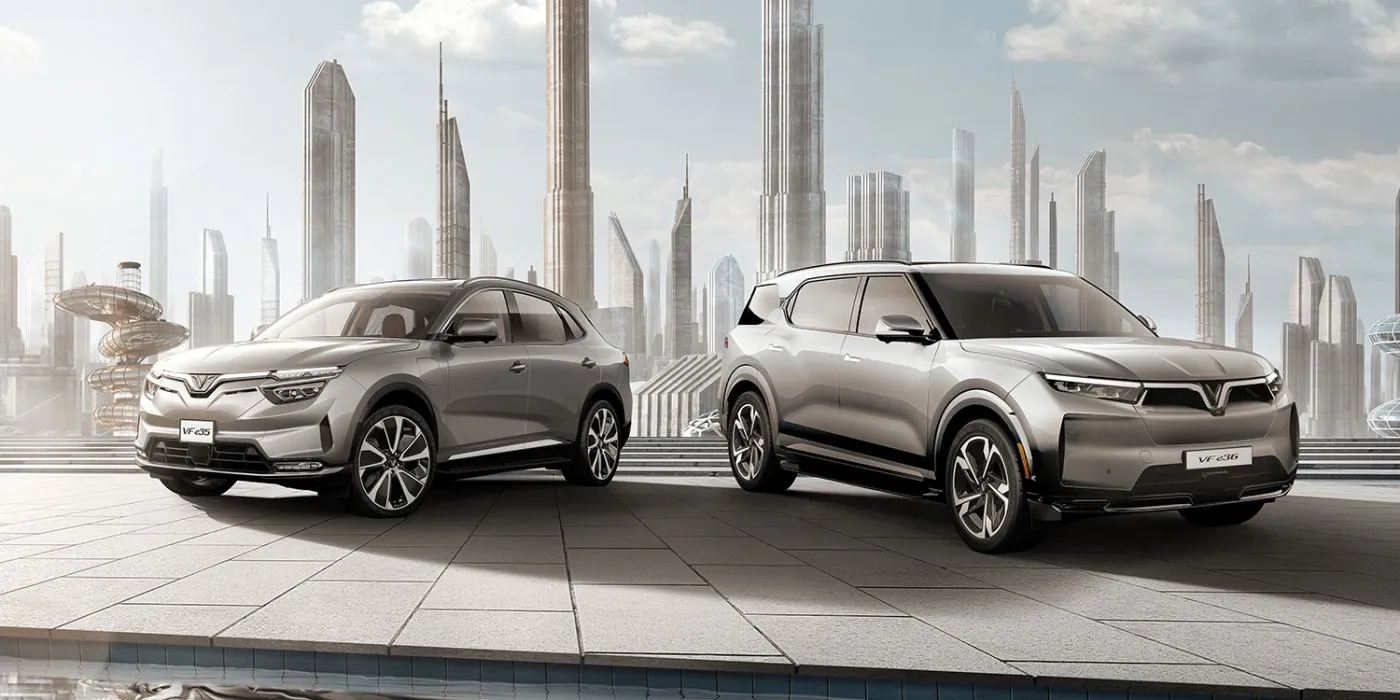
Vietnam’s conglomerate Vingroup has officially started construction of a battery factory for its electric vehicle offshoot VinFast in the Vietnamese province of Ha Tinh, as previously leaked. The factory is expected to have an initial capacity of 100,000 battery packs per year.
Vingroup’s announcement states that the plant, called VinES Battery Manufacturing Factory, will initially only assemble batteries, but will later also produce the corresponding cells. It is also clear that the battery packs are intended exclusively for VinFast electric cars and buses, and that after completion of the first construction phase, 100,000 battery packs per year will initially be produced on an area of eight hectares. According to the company, the second construction phase of the factory will increase the capacity to one million battery packs per year – as well as the said expansion of production to battery cells.
The Vingroup states that the investment will amount to the equivalent of 154 million euros. This is where the information differs from a Reuters report published in October: referring to local authorities, the news agency reported Vingroup’s construction plans in the Vietnamese province of Ha Tinh, but spoke of an investment volume of the equivalent of 332 million euros for a plant on 12.6 hectares. It is quite possible that this is the investment sum for the final expansion, while Vingroup initially only mentions the investment amount for the first construction phase.
Reuters also reported that the battery factory, not far from a second vehicle plant also planned in the region, is to go into operation from the third quarter of 2022 – initially with an annual capacity of 3 GWh, from 2025 with 5 GWh. However, there is no official information on either the timetable or the target GWh values.
Nguyen Viet Quang, Vice President and CEO of Vingroup, made a general statement at the ground-breaking ceremony that “the construction of this battery factory in the Vung Ang Economic Zone reflects our efforts to create a clean energy ecosystem that contributes to the localisation of VinFast’s supply”. They have also fostered collaboration with many renowned partners around the world, including companies in the US, Israel, Taiwan, China and other countries, to research, develop and apply cutting-edge battery technologies such as super-fast charging, solid-state batteries and advanced battery materials, he said.
Quang is alluding to VinFast’s multi-pronged battery strategy: On the one hand, the company plans to have its own battery plants, but these cannot yet cover current demand – so cells still have to be bought in. In addition, the company has been putting out feelers in the direction of companies that are researching new battery technologies. These include Gotion High-Tech, ProLogium and StoreDot.
VinFast has been selling vehicles since 2019, with the first models still featuring an internal combustion engine. But the company plans to expand internationally with electric cars, launching two electric SUVs next year, the mid-sized VF e35 and the seven-seater VF e36. As the company confirmed in September, the two models will also be sold in Europe, launching in three markets. Details about the models and their batteries are not yet known, “full details of the product range” are to be announced by VinFast before the market launch in the first half of 2022.



